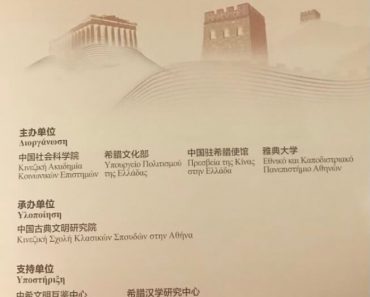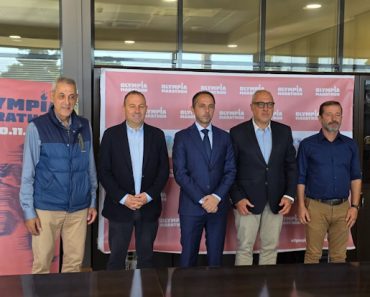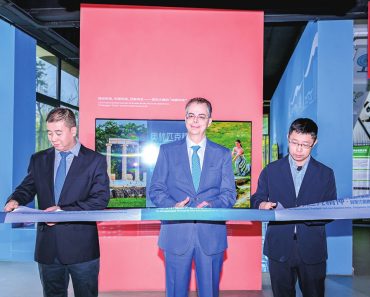Former Director of the Office of Institutional Advancement at the Vatican Apostolic Library Luigina Orlandi spoke to over 50 people at the Michael C. Carlos Museum on Oct. 30. Orlandi discussed the library’s history and its collection of nearly 5,000 Greek manuscripts. Emory University’s Department of Middle Eastern and South Asian Studies and Georgia State University’s (GSU) Center for Hellenic Studies co-hosted the event.
The modern Vatican Apostolic Library began as a small papal collection in the 14th century and expanded after the papacy’s return to Rome. Pope Nicholas V established the library as a public institution, and by the Renaissance Period, it had grown into a vast, multilingual archive.
Orlandi began the event by discussing the origins and mission of the Vatican Apostolic Library, describing it as an institution devoted to preserving and sharing human wisdom across all disciplines. She highlighted her favorite manuscript, the Hanna Papyrus 1, which is the oldest document in the library. Orlandi shared that she loved the document’s history.
“I could see the pope reading it in Greek, because Pope Benedict was able to do that, and it was such an emotion,” Orlandi said. “It is related to the object in itself, but involves all the surroundings and the people involved in this arrival.”
Orlandi described her experience as a librarian as one of continuous learning.
“In the Middle Ages, they used to say, … when you are a priest, you remain a priest even if you leave,” Orlandi said. “Once you are a librarian, you remain a librarian.”
During the lecture, Orlandi described the library’s evolution from its papal start and growth during the Renaissance Period, even through major losses during the Napoleonic era. She also noted the 20th-century United States recataloging initiative that helped shape the Vatican Library into one of the world’s leading research institutions.
Orlandi ended her talk imagining the future of the Vatican Library. As the library has been digitizing its 80,000 manuscripts since 2013, Orlandi hopes that these efforts will improve the library’s preservation and accessibility.
“Sharing is essentially crucial,” Orlandi said. “My library kept on doing it over the centuries, and I hope it will continue in the future. To me, it’s my institution … it’s part of my home.”
GSU Department of Anthropology Principal Senior Lecturer Faidra Papavasiliou shared her fascination with Orlandi’s stories of discovery, preservation and passion for learning.
“It just reminds you why things of the mind are important and why they’re also really fun,” Papavasiliou said.
Papavasiliou reflected on the importance of keeping the manuscripts open to all students.
“What’s actually most noticeable to me is just how the actual librarian wants you to come,” Papavasiliou said. “It gives you the sense of genuine openness … It’s wonderful, this notion of sharing.”
Laura Valera (27G), an Emory graduate student studying Hispanic Studies, specifically focusing on early modern books and representations of animals, said the talk spoke directly to her interests in book history and manuscript preservation.
“The idea of someone from the Vatican libraries coming to speak to us about a decades-long career working with special materials, with the collections, and also having a sense that there’s someone really passionate about getting access to people’s materials. It just felt unmissable,” Mejia said.







